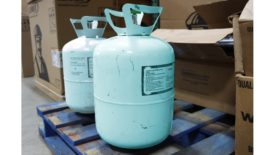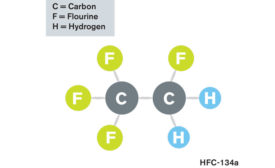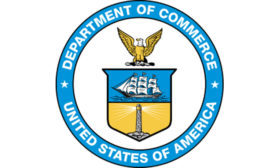Home » Keywords: » R-134a refrigerant
Items Tagged with 'R-134a refrigerant'
ARTICLES
FROSTlines
R-134a and R-410A lead the charge in significant year-over-year gains
Read More
FROSTlines
New Technology Can Decompose Refrigerants
A catalyst made from industrial waste can break down R-134a with 99% efficiency
September 30, 2024
EPA Proposes Phasing Out R-134a
The Agency cites the use of TCE in some R-134a production as an unreasonable risk to human health
October 27, 2023
What’s Happening With R-134a?
Here are some alternatives to replace the venerable but high-GWP refrigerant
Read More
R-134a from China Will Face Antidumping Duties
American HFC Coalition calls for stricter enforcement of U.S. laws
May 3, 2017
R-134a from China: Commerce Department Posts 232.3 Percent Duty Deposit Rate
However, amended preliminary determination may be amended again
December 5, 2016
Self A/C System Recharge Kit Flies in the Face of Logic
TV Commercial Sparks Memories of (What Should Be) Days Gone By
Read More
Jan. 22, 2015: Mexichem Appeals ITC Ruling on Import of Refrigerant Gases from China
Company Believes Chinese Imports Are Harming US Refrigerant Industry
January 22, 2015
Dec. 13, 2013: ITC Moves Forward on China Refrigerant Import Issue
A ‘Reasonable Indication’ That U.S. Industry Is Materially Injured by the Imports
December 13, 2013
Copyright ©2024. All Rights Reserved BNP Media.
Design, CMS, Hosting & Web Development :: ePublishing









